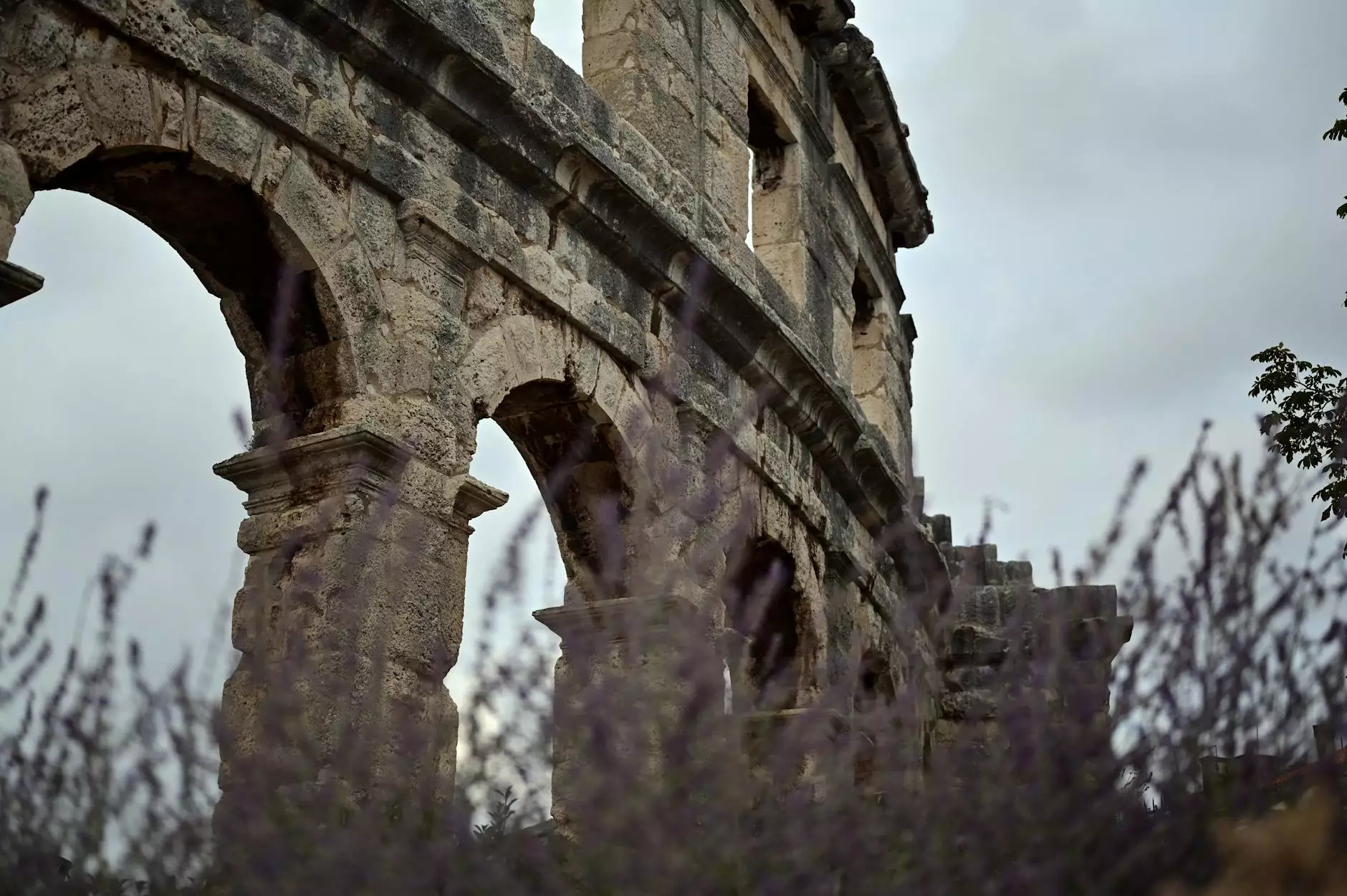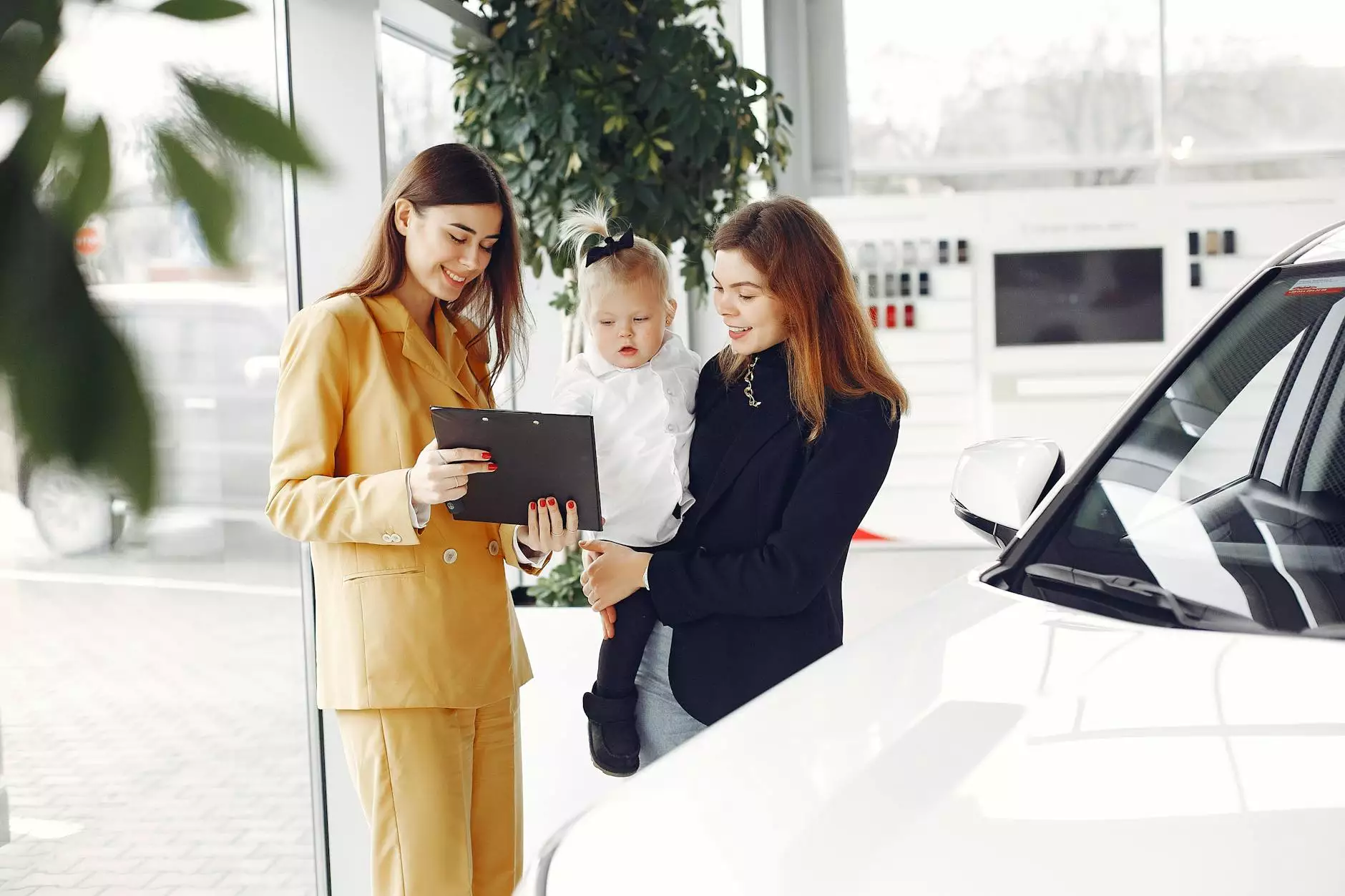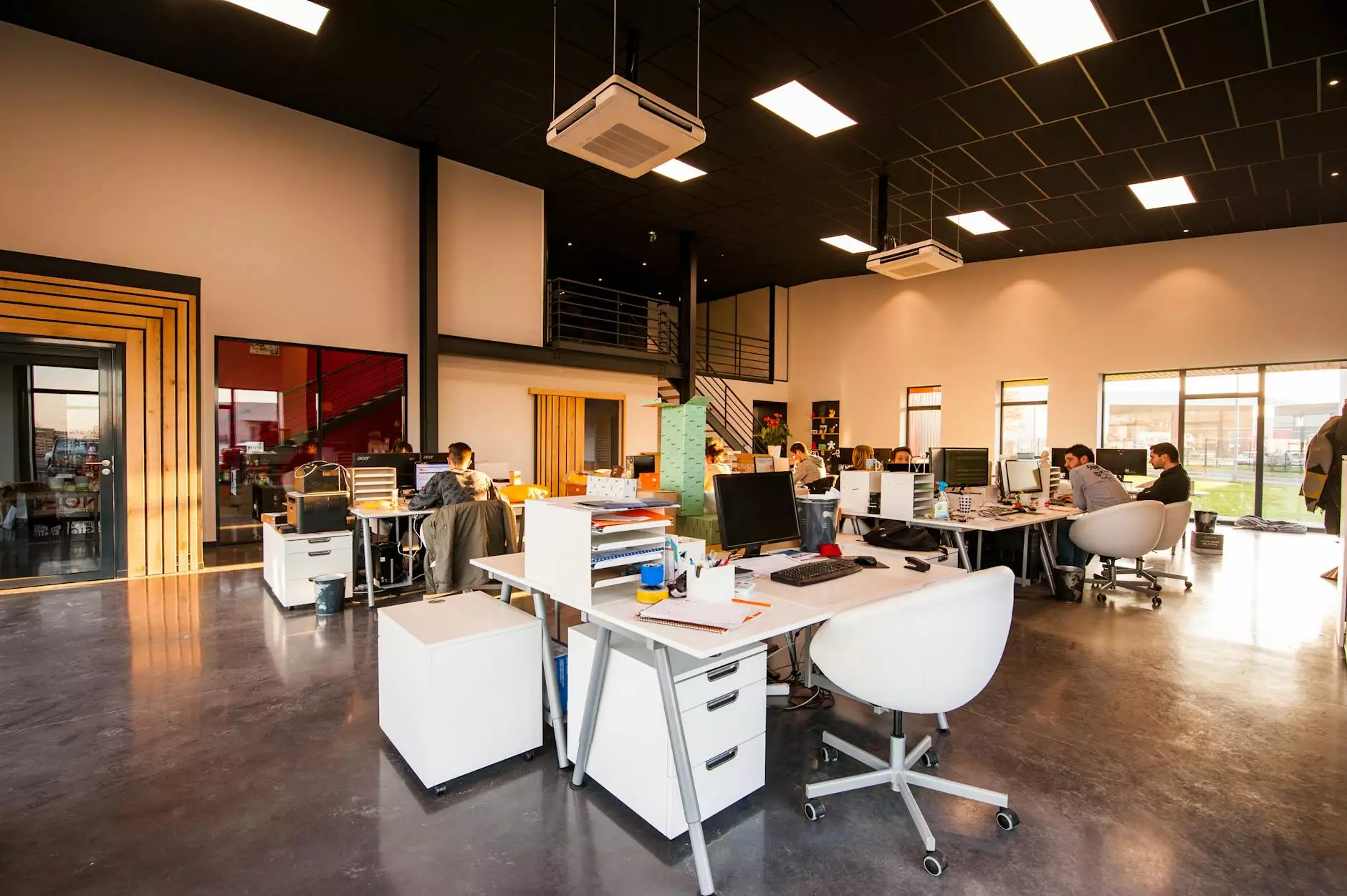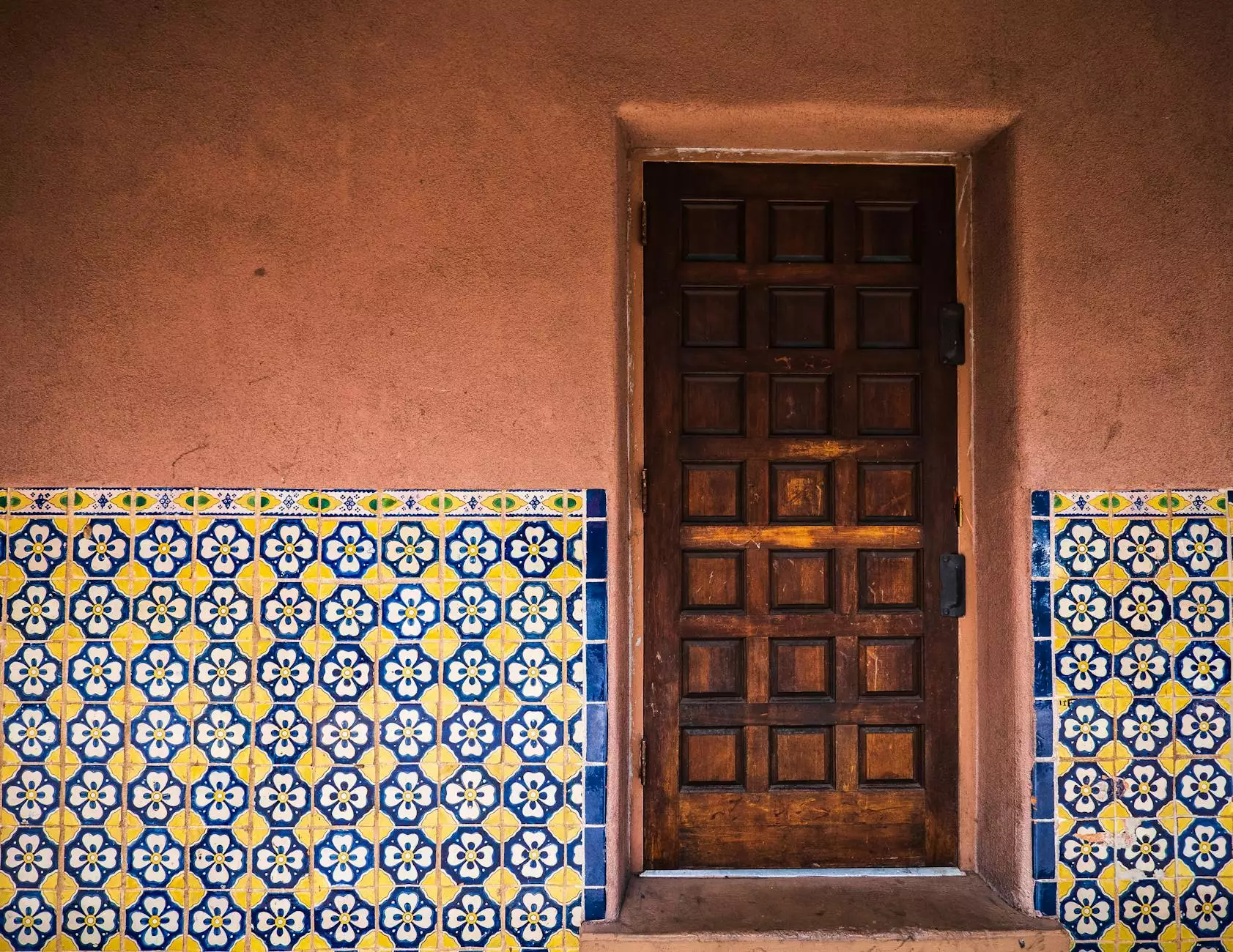Understanding "Dis Klinigi": The Intersection of Romani Culture and Business in Healthcare

In the vibrant tapestry of world languages and cultures, the phrase "dis klinigi" holds a unique place among the Romani people. This phrase, which translates to "this clinic," brings to light not only the significance of healthcare accessibility but also the rich culture that drives healthcare practices within the Romani community. This article delves into the many layers of "dis klinigi," exploring its relevance in general dentistry and medical practices while highlighting the vital role businesses play in promoting health within diverse communities.
The Romani People and their Cultural Heritage
The Romani people, often referred to as Roma, have a rich cultural heritage that spans centuries and continents. Their history is marked by mobility, resilience, and a deep connection to community and family. Understanding their language and culture, including terms like "dis klinigi," is key to effectively addressing their unique healthcare needs.
A Brief History of the Romani Language
The Romani language is a blend of numerous influences, reflecting the diverse regions and cultures with which the Romani people have interacted. It consists of various dialects, each containing unique elements. The phrase "dis klinigi" is an example of how language evolves and integrates into everyday conversations about essential services, such as healthcare.
Cultural Attitudes Towards Health and Medical Care
In Romani culture, health is often viewed through a holistic lens. Traditional practices coexist with modern medicine, emphasizing the importance of community-based healing. This duality can influence how Romani individuals engage with healthcare providers, highlighting the need for culturally sensitive practices that honor their traditions while providing necessary medical services.
The Concept of "Dis Klinigi" in Healthcare Business
At its core, "dis klinigi" represents not just a physical location for healthcare but a gateway for enhanced health outcomes within the Romani community. This concept emphasizes the need for healthcare systems to be accessible, welcoming, and cognizant of cultural differences.
Accessibility and Inclusivity: Key Components of Successful Clinics
- Location: Clinics should be strategically placed within communities where Romani people reside, reducing transportation barriers.
- Cultural Competence: Staff should be trained in cultural sensitivity, ensuring they understand and respect Romani customs and health beliefs.
- Language Support: Providing translation services can bridge communication gaps, making healthcare more accessible.
- Community Outreach: Actively engaging with the Romani community through information sessions can build trust and increase clinic utilization.
The Role of General Dentistry in Promoting Health
General dentistry forms the backbone of preventive healthcare, addressing a fundamental aspect of health that is often overlooked. Through practices like regular check-ups and education, dental clinics play a crucial role in community health, supporting the idea behind "dis klinigi."
Preventive Care: The First Step to Wellness
Preventive dental care encompasses a variety of services aimed at avoiding dental problems before they develop. These include:
- Routine Check-ups: Regular visits can catch issues early, such as cavities or gum disease.
- Cleanings: Professional cleanings help maintain oral hygiene and prevent plaque buildup.
- Education: Dentists can provide valuable guidance on proper dental care routines and nutrition.
Building Trust Through Community Engagement
Trust is a critical component of any healthcare relationship. For Romani individuals, building trust with healthcare providers can take time and effort. Engaging with the community through initiatives and education can help establish a bond that encourages regular visits to "dis klinigi."
Effective Strategies for Community Engagement
- Community Health Fairs: Hosting events that offer free screenings and educational materials can attract community members.
- Partnerships with Local Leaders: Collaborating with respected figures within the Romani community can foster trust and participation.
- Feedback Mechanisms: Encouraging input from community members on their healthcare needs can guide service offerings and improve experiences.
Leveraging Technology to Enhance Healthcare Delivery
In today’s digital era, technology can play a pivotal role in improving access to healthcare services. Innovations such as telemedicine can significantly benefit communities where mobility is a challenge.
Telemedicine: Breaking Barriers
Telemedicine offers a way for patients to connect with healthcare providers from the comfort of their homes. This is especially important for the Romani community, where transportation can be a barrier to accessing "dis klinigi."
Online Educational Resources
Providing dental health information online can empower individuals to take charge of their health. Resources that cover:
- Oral Hygiene Tips: Simple steps that can be taken at home to maintain dental health.
- Understanding Dental Procedures: Educating patients about what to expect during visits can reduce anxiety and improve participation.
- Nutrition and Dental Health: Information on how diet impacts oral health, promoting a holistic view of wellness.
The Business Perspective: Why Investing in Culturally Competent Care Matters
Investing in culturally competent care not only improves patient experiences but also enhances business outcomes for dental practices. By understanding and addressing the needs of the Romani community, practices can:
- Increase Patient Base: Culturally sensitive practices attract a wider range of patients.
- Enhance Reputation: Positive community engagement can bolster a clinic's reputation, making it a preferred choice.
- Improve Patient Retention: Building trust leads to long-term relationships, ensuring consistent patient visits.
Conclusion: The Future of Community-Oriented Healthcare
The journey to creating accessible and culturally competent healthcare services is an ongoing one. Understanding the significance of "dis klinigi" is crucial in nurturing relationships between healthcare providers and the Romani community. By prioritizing accessibility, education, and trust, clinics can significantly impact the health and wellness of the Romani people.
As we look to the future, combining traditional medical practices with an understanding of cultural nuances will pave the way for healthier communities. Embracing the spirit of "dis klinigi" can lead to profound changes not only in healthcare delivery but also in the overall well-being of diverse cultures across the globe.









